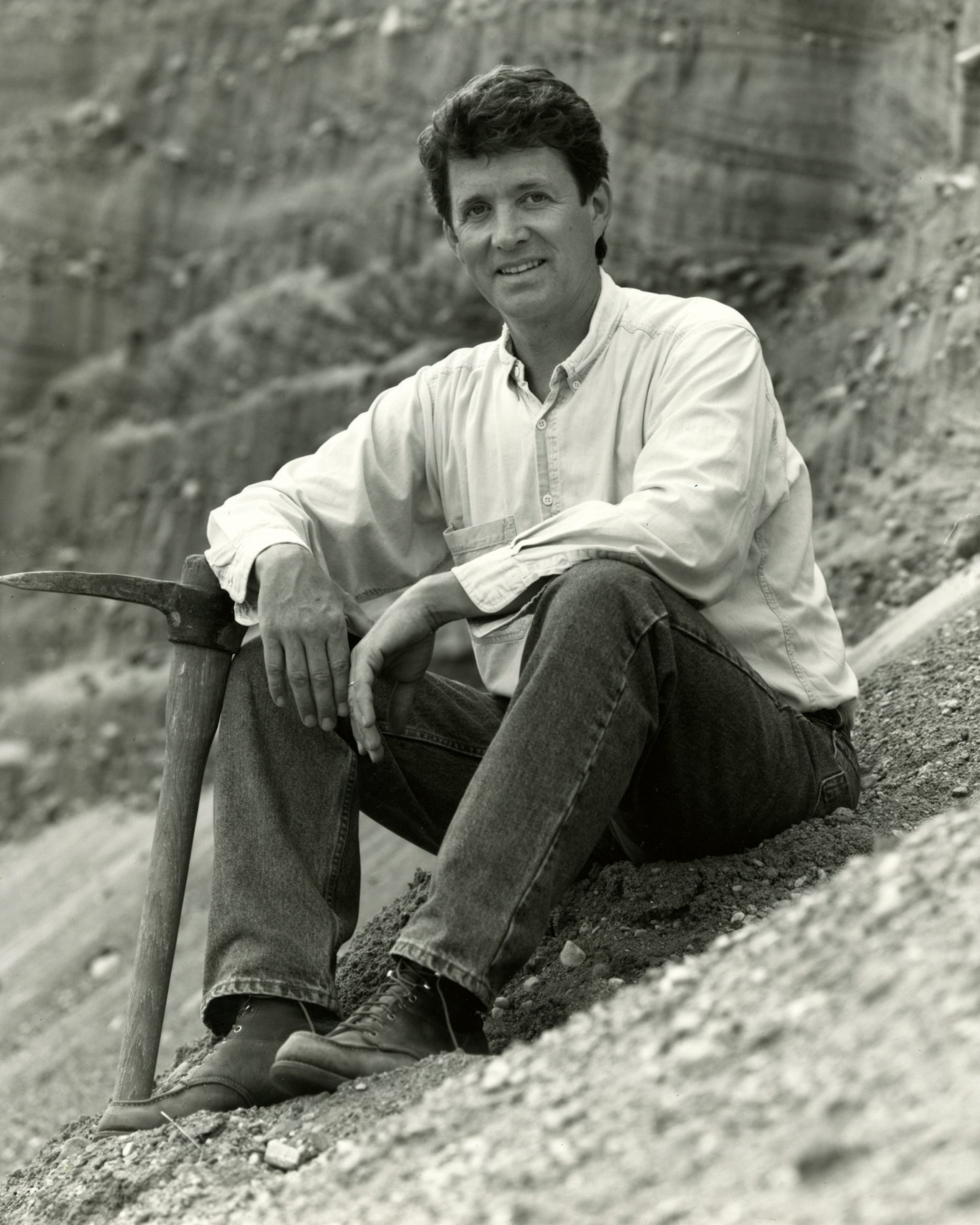President Steuer, today we pause in the midst of honoring the Class of 1997 to present for the twenty-seventh time the Edgar M. Carlson Award for Distinguished Teaching, selected by the previous recipients based on nominations from students, faculty and staff.
The late physicist Richard Feynman once described for a young correspondent an ideal approach to learning:
Learn by trying to understand simple things in terms of other idea -always honestly and directly. What keeps the clouds up, why can’t 1see stars in the daytime, why do colors appear on oily water, why does a hanging lamp swing back and forth…Then when you have learned what an explanation really is, you can then go on to more subtle questions. (Quoted in James Gleick, Genius: The Life and Science of Richard Feynman, p. 357).
Today we honor a colleague who exemplifies this philosophy -posing simple questions, deriving elegant explanations and always finding the pass ion to hare these with students. The winner of the 1997 Edgar M. Carlson Award for Distinguished Teaching is Dr. Mark Johnson of the department of geology.
Mark Johnson came to Gustavus in 1984 after earning his BA degree from Augustana College, Rock Island, and the MS and PhD from the University of Wisconsin-Madison. He currently serves as associate professor and chair of the department of geology.
Mark ‘s primary interests lie in the fields of geomorphology, quaternary geology and sedimentology; the history of glacial deposits in western Wisconsin and eastern Minnesota; and the development of the Minnesota River valley and glacial Lake Agassiz. He was described by one nominator as a “very sharp, extremely competent geologist” and his record of grant awards, publications and presentation certainly bears this out.
The recitation of the record does not begin to capture the qualities that make Mark Johnson a deserving Carlson recipient. The comments of those who nominated him carry twin consistent themes: Mark’s profound understanding and dedication to the liberal arts tradition and the Swedish Lutheran heritage of this college, and his commitment to the vocations of teaching and learning.
Mark is described a committed and enthusiastic toward his teaching, available to students and engaged in all facets of the curriculum -in the major, in interdisciplinary and team-taught courses, and in both general education programs. Mark’s courses consistently transcend their subject matter to explore the more subtle questions” – questions of philosophy, questions of faith, questions of life and its meaning. One student wrote that “he teaches with patience and humor and shows genuine concern for me as a student. He is simply the best.”
Mark has also been a leader in student-faculty research, engaging geology students in fieldwork and presentations of their findings at professional conferences. In March of this year, Mark and junior Kristin Anderson received one of only nine National Science Foundation-sponsored Summer Undergraduate Research Experience (SURE) fellowships, to engage in research this summer. Mark’s mentoring of future scientists, women and men, presents a model for the College community and further reflects the qualities associated with a committed teacher-scholar.
Mark’s intellectual curiosity clearly is manifest in many forms – classroom teaching, research and mentoring. participation in student-faculty seminars and discussion groups, service as an exchange professor in Sweden. Facilitating dialogue on the relationship between the College and the church. Wherever we tum we find Mark Johnson engaged in the total life of this community of faith and learning -working with students in the lab or in the field, discussing the geologist’s view of Creation in a church congregation. or sitting in the Rundstrom study lounge talking about the Beatles. He is committed, passionate, in every respect the embodiment of a teacher.
Presented by Christopher P. Gilbert
Assistant Professor of Political Science
1996 Recipient of the Carlson Award

Leave a Reply